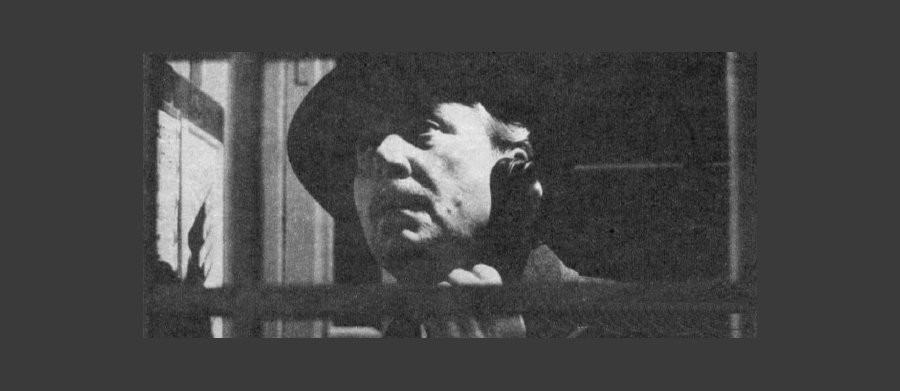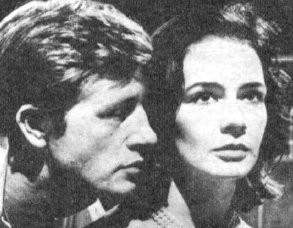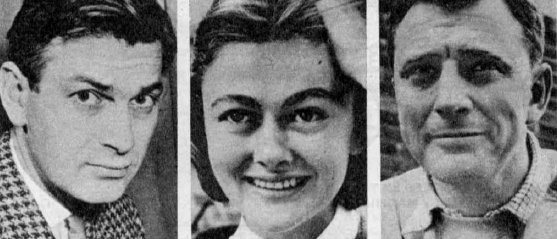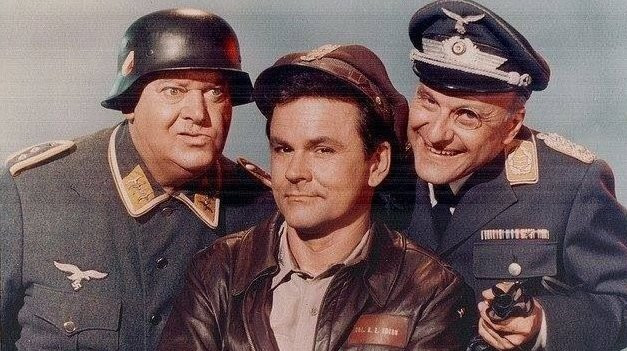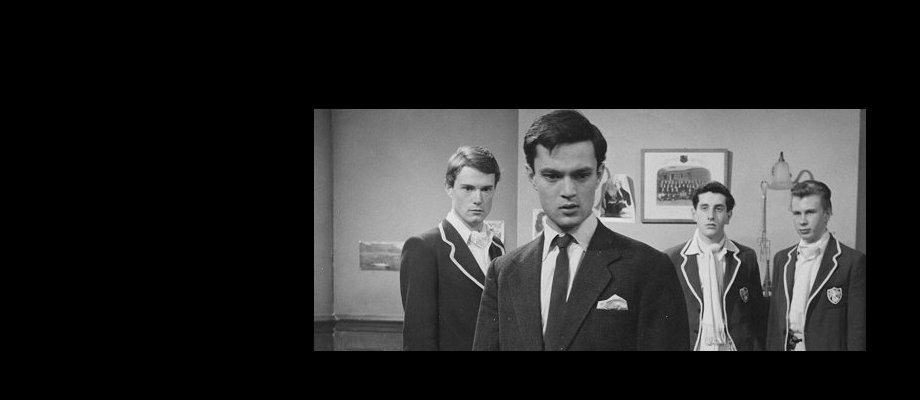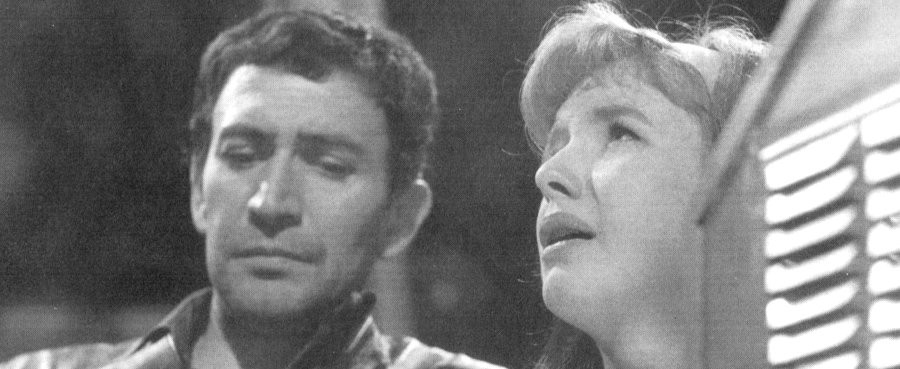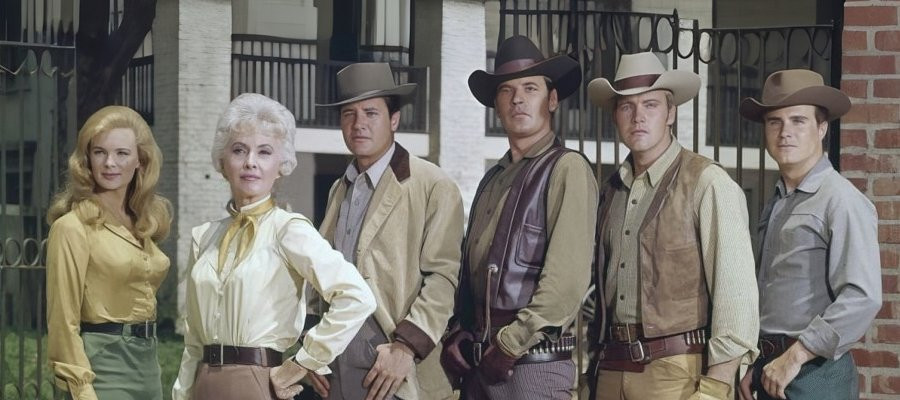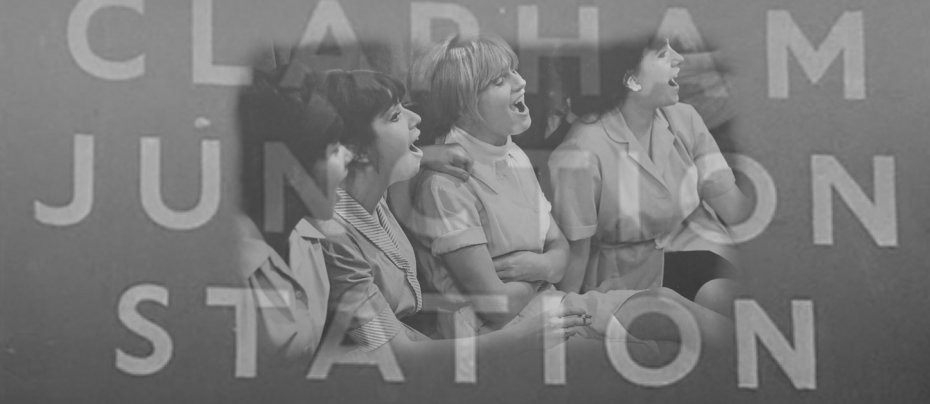
Up the Junction
1965 - United Kingdom‘a masterpiece of British television
In the heart of 1960s London, the BBC play Up the Junction, shown as part of the anthology series The Wednesday Play, took viewers on an evocative journey through the lives of working-class individuals residing in the vibrant Battersea neighbourhood of Clapham Junction. A gripping portrayal of social realities, this groundbreaking production, based on Nell Dunn's novel of the same name, left an indelible mark on British television and challenged the conventions of the time. By delving into the lives of its characters in an almost documentary style with unflinching honesty, Up the Junction captured the essence of the era and shed light on pressing issues faced by the working class.
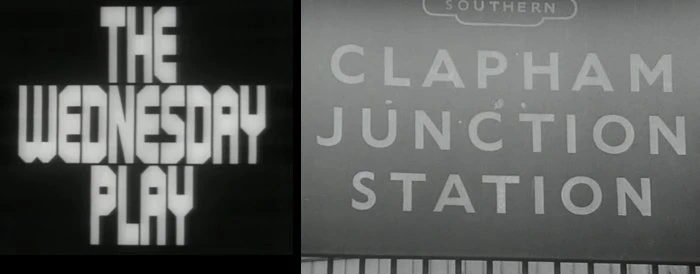
Set against the backdrop of a rapidly changing society, Up the Junction explored the lives of young men and women living in a world of limited options. Terry, Dave, Eileen, Rube, and Sylvie, the main protagonists, epitomised the resilience and spirit of the working class. Through their stories, viewers were confronted with the harsh realities of poverty, unwanted pregnancies, and the struggle for freedom amid societal constraints.
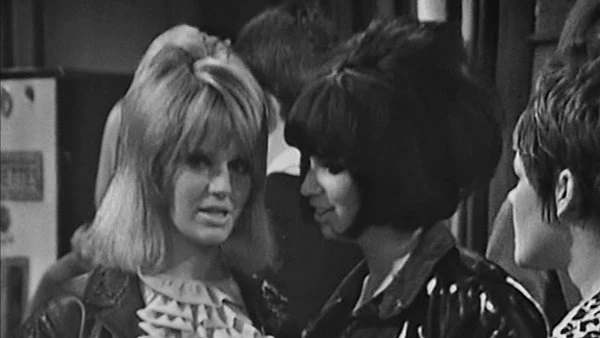
The play astutely portrayed the stark contrast between the working-class neighbourhood and the affluent areas of London. While the characters grappled with the hardships of daily life, the show also depicted the vibrant sense of community and fierce camaraderie amongst its residents. The juxtaposition of the two worlds highlighted the socio-economic disparities that plagued London in the 1960s, offering viewers a sobering glimpse into the stark inequalities of the era.

One of the standout elements of Up the Junction was its bold storytelling. The play fearlessly tackled controversial topics, such as abortion, with an unflinchingly honest approach. This refusal to shy away from sensitive subjects challenged societal taboos and sparked important conversations about women's rights, healthcare, and personal freedom. As viewers connected with the characters' struggles and dilemmas, they were forced to confront their own preconceived notions and biases.
For many viewers, it was too stark a reality for primetime television, and this was echoed the following day as some critics tore into the BBC production calling it "depraved and insane.” Peter Dundas - Sunday Mail (Glasgow) 7 November 1965 wrote:
‘Never have Britain's youngsters been so ready to speak out. About sex. About religion. Themselves. About their elders. About any subject under the sun. But instead of being commended for their candour they're penalised. - Penalised and exploited by the supposedly responsible adults who produce TV plays and documentaries, write books and plays. On Monday, B.B.C. TV's 24-Hours did a programme on birth control. Supposedly, it was a serious attempt to assess the dangers and advantages of birth control clinics. But was it really necessary to parade so many youngsters who were willing to go to bed with their partners before marriage? "Yes." says a B.B.C. spokesman. "We know that the new kind of morality that's always talked about actually exists." I said, “baloney!”
On Wednesday, B.B.C. TV were back on the same subject with their play "Up The Junction," an adaptation of the sizzling but unconvincing novel by Nell Dunn. Even before the play was shown it ran into trouble. Top B.B.C. officials ordered a special screening and ordered several cuts. They should have cut it altogether. I'm not saying that there aren’t some silly wee lassies in Battersea — or other places—who're interested only in sex every night of the week. But to watch them for an hour and 10 minutes was too much. To label it as a "documentary" was downright dishonest, misleading and dangerous enough to tempt an impressionable teenager into "kicking over the traces." James McTaggart, producer of the Wednesday Play, says I'm wrong. " I would hate to feel that I was responsible for adversely affecting a young viewer," he told me in London. "I don't think that ' Up The Junction was shocking or that it gave the impression that Britain is full of good-time girls like the ones from Battersea. "We tried to show what a pity it is that there are girls involved in a way of life like this. We want people to understand them—and to have compassion for them. Some Westerns shock me more than plays like ' Up The Junction.' Sorry, Mr. McTaggart -- you'll have to do better than that to convince me and a lot of other people. But it's not only the B.B.C. who make me want to wage war on the teenagers' behalf. Commercial telly is just as bad—and often worse. "This Week" has wallowed in the problems of abortion, unmarried mothers and lesbianism. Other programmes have tackled promiscuity and V.D. among young people. Always the argument is: These are problems of our time and they must be faced. Faced — yes. But not rammed down our throats with lies and statistics. For what do statistics actually prove?
Next July a report by the Central Council for Health Education is to be published. It explodes the myth that the boys and girls of today are sex daft. It says: " While premarital intercourse among teenagers is not uncommon, it is not universal or even an activity in which the majority take part. They only talk about it more." I don't want censorship. I only want our writers, playwrights and producers to be a little more honest, a little more fair. For I think it is they who are obsessed with sex. NOT the teenagers.’

Nell Dunn, who, at that time, was married to Jeremy Sandford, and was born in London and educated at a convent up to the age of 14, actually received abusive phone calls following advance publicity for the play. But she defended it by saying "My writing never goes too far. I feel it suggests things for people's own interpretation.” The Sandfords lived in Battersea for three years and for several weeks Nell worked in a factory wrapping sweets for 2s 5d (12p) an hour. "To me, the girls I wrote about were tremendous", she said. "Some were called 'slags' - meaning that they were free and easy with their love. They had tremendous energy. God knows, if most girls lived up to their standards, the world would be a gayer place."
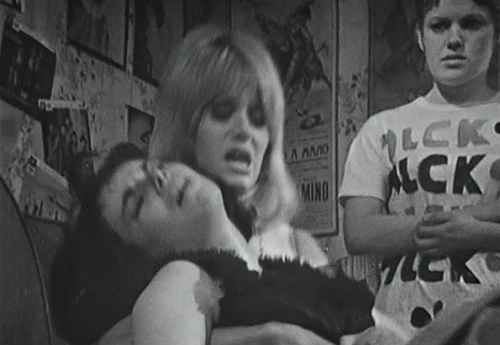
On the subject of abortion, the aftermath of which is brought home by one particularly harrowing scene following a back-street termination, she said; “People have criticised me for writing about abortion, but I think this sort of thing should be known, for then something gets done about it. What I have written about is the truth. The most important thing in life. I have amalgamated characters I have met. Some of it is fictionalised, some is factual. The chapter I wrote about the tally man came from life. To say that I have run down the working class is wrong. If anything, I set out to expose the hardships of working class life."

Nevertheless, those who frowned upon the reality Up the Junction portrayed used it as an example of the failings of moral standards on BBC television. On 6 November 1965, the Belfast Times reported that, ‘Earlier yesterday, ‘Up the Junction’ was at the centre of another protest over B.B. C. programmes. At a conference of the North Hendon Conservative Association at Edgware, women members passed a resolution deploring ‘“the moral standards now being set by the B.B.C. in TV programmes publicising sex, crime and lawlessness, of which ‘Up the Junction' was the most recent and shocking example.” A Conservative M.P. said he intended raising the matter in the Commons next week.’
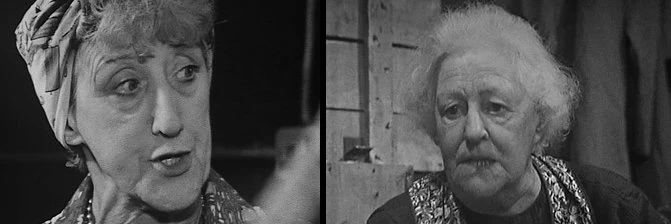
Not every critic had an unfavourable view. The Coventry Evening Telegraph said that; ‘Nell Dunn's raw and witty book ‘Up the Junction’ is just over 100 pages long, but it vividly captures the life of some of the people who live in Battersea with remarkable warmth and insight. As a play 'Up the Junction' is unusual: there is no plot or story-line, just three recurring characters - three girls; and the approach is unorthodox. The intention is to try and capture in dramatic, almost documentary terms, the flavour in London by presenting a number of scenes involving young and old, loved and unloved, linked together by pop music and pub songs and largely photographed by a hand-held camera in the actual locality. 'Up the Junction' is not a play, a documentary, or a musical. It is a show, full of surprises, music and laughter and drama.’

The performances in Up the Junction were a testament to the exceptional talents of the cast. The roles were flawlessly executed, with believable performances from Carol White (Sylvie), Geraldine Sherman (Rube), Vickery Turner (Eileen), Michael Standing (Terry), Tony Selby (Dave) and George Sewell (Barny, the tallyman), that helped to bring the characters to life. The actors seamlessly embodied the essence of the time period and convincingly conveyed the myriad of emotions experienced by the characters. Their nuanced performances added an extra layer of authenticity to the already powerful narrative.

Up the Junction remains a seminal piece of British television history. Its impact on popular culture cannot be understated as it opened doors for more exploratory and provocative storytelling within the medium, in particular the following years' Wednesday Play offering, Cathy Come Home, penned by Jeremy Sandford, which told the harrowing story of one family’s inexorable fall into a downward spiral of squalor. By addressing issues that were often glossed over or ignored in mainstream media, both productions challenged societal norms and forced audiences to confront the stark realities faced by the working class.
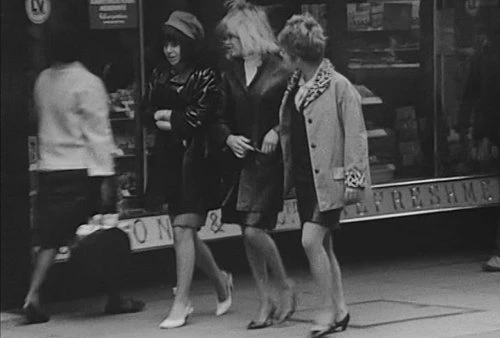
Up the Junction serves as a powerful time capsule, capturing the essence of a bygone era. Its contribution to the portrayal of working-class life on screen is one that should not be overlooked. With its unapologetic storytelling, it continues to resonate with audiences and remind us of the social struggles that have shaped our society. Quite simply, it stands as a masterpiece of British television, offering viewers an unfiltered glimpse into the working-class reality of 1960s London. Through its powerful portrayal of characters facing adversity, poverty, and societal constraints, the play challenged the conventions of its time and sparked important conversations about the issues plaguing society. By breaking boundaries and fearlessly tackling controversial topics, Up the Junction remains a pivotal moment in television history and a shining example of the power of storytelling.
Seen this show? How do you rate it?
Seen this show? How do you rate it?
Published on October 9th, 2023. Written by Laurence Marcus for Television Heaven.


